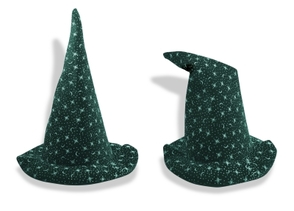 Image: Victor Habbick/freedigitalphotos.net
Image: Victor Habbick/freedigitalphotos.net "[T]hree tips to use social media channels in optimum ways to turbo-charge your results," proclaimed the teaser for an article I came across this week.
I'm all for using creative language to connect with readers. But creative is the opposite of cliché or worn-out corporate and marketing buzzwords. “Turbo-charge your results" falls in the overstated-and-unclear column, more suitable for describing spray-on waterproofing or a veggie juicer than legitimate PR tactics.
I fret that writing of this sort damages our credibility.
My worry isn’t limited to overstatements. A fellow PR pro and I like to pick on the word "leverage," which the business world has repeatedly beaten into bloody puree. I used to toss out the word in meetings, with a slightly sarcastic inflection, just to make a joke. "If we take this approach, we can 'leverage' the opportunity with stakeholders." No one got the joke. Heads would nod around the table. I'd feel ashamed -- and a little bit sad.
On the other hand, "leverage" is a perfectly acceptable word. So are terms like "engage" and "passion" and "empower." Sometimes I use them. The problem arises when these words are mishandled and overused to the point where they lose all meaning. They become vague incantations used by communicators in hopes of conjuring a sense of legitimacy.
We need to break this spell. We may not be able to eliminate all jargon, but we can put it in its place. We can stop suggesting outcomes we cannot guarantee. I'm much more interested in "three great ways to use social media channels better" than in turbo-charged promises that can't be kept.

 RSS Feed
RSS Feed
